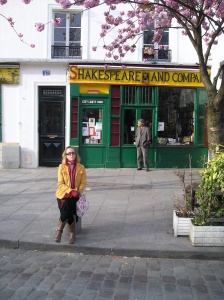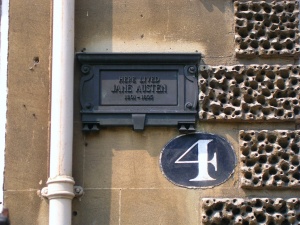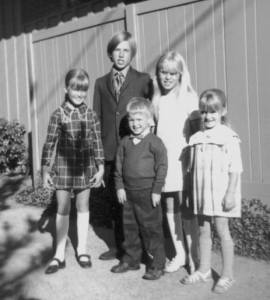
I drove up to the home county of Sonoma a few weeks ago to pick up one of our girls from a visit to her grandparents. I had some time to spare (shocking but true) and wanted some quality time with my parents, so I hung around for a while.
I picked some plums with my mom and she gave me some geranium and penstemon cuttings for the garden. I gave my parents their wedding invitation and I got to see the latest quilts that she was planning to show at the county fair. We talked and looked at pictures and made plans for later in the summer. After a while, and a glass of iced tea, it was time to go.
As we stood outside near the car, my mom looked at me and laughed a little laugh. “You’re me, you know,” she said.
Now I know plenty of other people who would bristle at such a statement if it were made to them, and plenty of times that I myself would have driven screaming away and never returned, but this time, finally, it is true. My mom raised five kids, and here I am, embarking on the next phase of my life, taking in two more to bring my total of children to five as well.
When I stood there with my bowlful of sweet Santa Rosa plums and my geranium cuttings and my packet of scraps for the next quilt I’m going to work on soon — har de har freaking har — there was a moment, I’m not going to lie, when I did want to scream. Just a little bit.
Because, you know, everyone wants to be themselves, not their mom, or dad, or elder siblings. No one wants to be the apple that doesn’t fall far from the tree, and no one wants to be “junior” anything. We all want to be special and a bit more advanced or evolved — to do better in our generation than our parents did, if that’s even possible anymore.
But how does one do it better? I simply can’t beat the 53-plus years of marriage that my parents have shared, with five healthy kids who all graduated college and made something of themselves. I may never get the 17 grandchildren and three great-grandchildren (including all the step-grandkids). Maybe our kids won’t even have babies.
My parents worked hard, played by the rules, did the right thing even when it wasn’t their personal choice or even what they could bear. They just did it anyway, for the sake of the kids or the family or the whole shebang, and here we are today: an agricultural water plant manager, an attorney and CEO, a financial analyst, a commercial construction manager and a writer, and our kids are coming up behind us, traveling the world and taking it by storm.
I learned a lot from my mother about how to feed a large family, and it wasn’t just “add more water to the soup.” She was a champion at filling our bellies in even the hardest of times. There were always bread and butter and vegetables and a main course on the table, and we learned our manners and how to say grace before meals, and took turns setting and clearing. We did our homework and got ourselves to school by foot or by bike or by bus, and none of us coasted; we all got jobs and did farm chores and learned to do the right thing, too, mostly.
Alack and alas, though, a daydreamer like me comes along and lives an uncharted life: Unexpected pregnancy in college! Scrimping along as a single mom! Married to a Catholic priest! Divorced! Writing a book about it! Single parenting again! Eek! May I just offer kudos to my parents for keeping the faith? I’m a peach now, but I was a prickly pear for a very long time.
Ah, well. What can I say? My mom says, “You’re me now.” Am I?
We spent the last weekend painting the kitchen what I call “olive,” but let’s be real here – it’s that classic ’70s paint color, avocado. Then I finished up the valance I was sewing, made from a novelty print featuring a cheerful vegetable motif, hung it up and we made ourselves some vodka tonics. The kids were scattered around the countryside but they’d all be back at the dinner table in a few days. We toasted our weekend’s work and got ready for the next week.
Dinner for seven? I am indeed my mother.
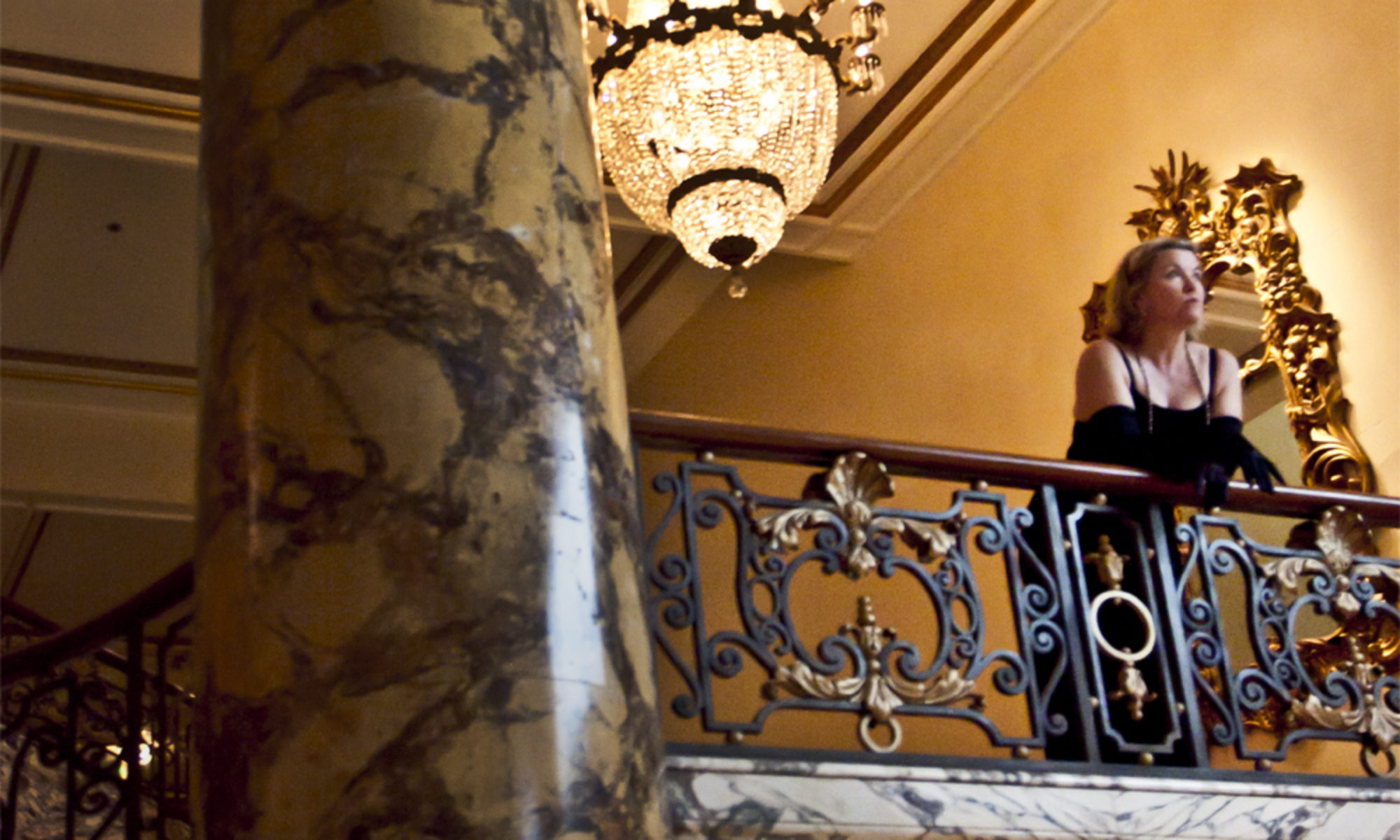
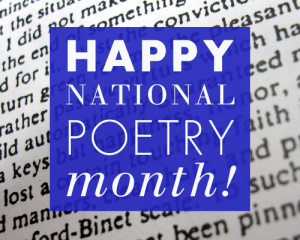
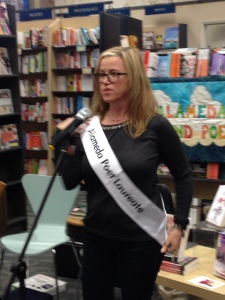 But doesn’t it sound boring? Go read a poem? Yawn…Worse than algebra! Worse than memorizing dates in history! Better, then, read along with me this month as I explore the poetry of four high schools and the students writing and reveling in the spoken and written word. I’ll be posting a feature every week in the
But doesn’t it sound boring? Go read a poem? Yawn…Worse than algebra! Worse than memorizing dates in history! Better, then, read along with me this month as I explore the poetry of four high schools and the students writing and reveling in the spoken and written word. I’ll be posting a feature every week in the 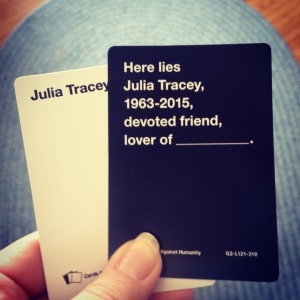
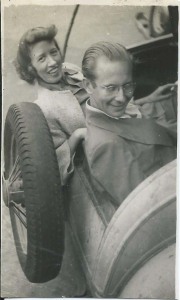
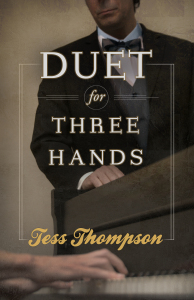 Duet for Three Hands
Duet for Three Hands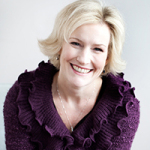 About the Author
About the Author